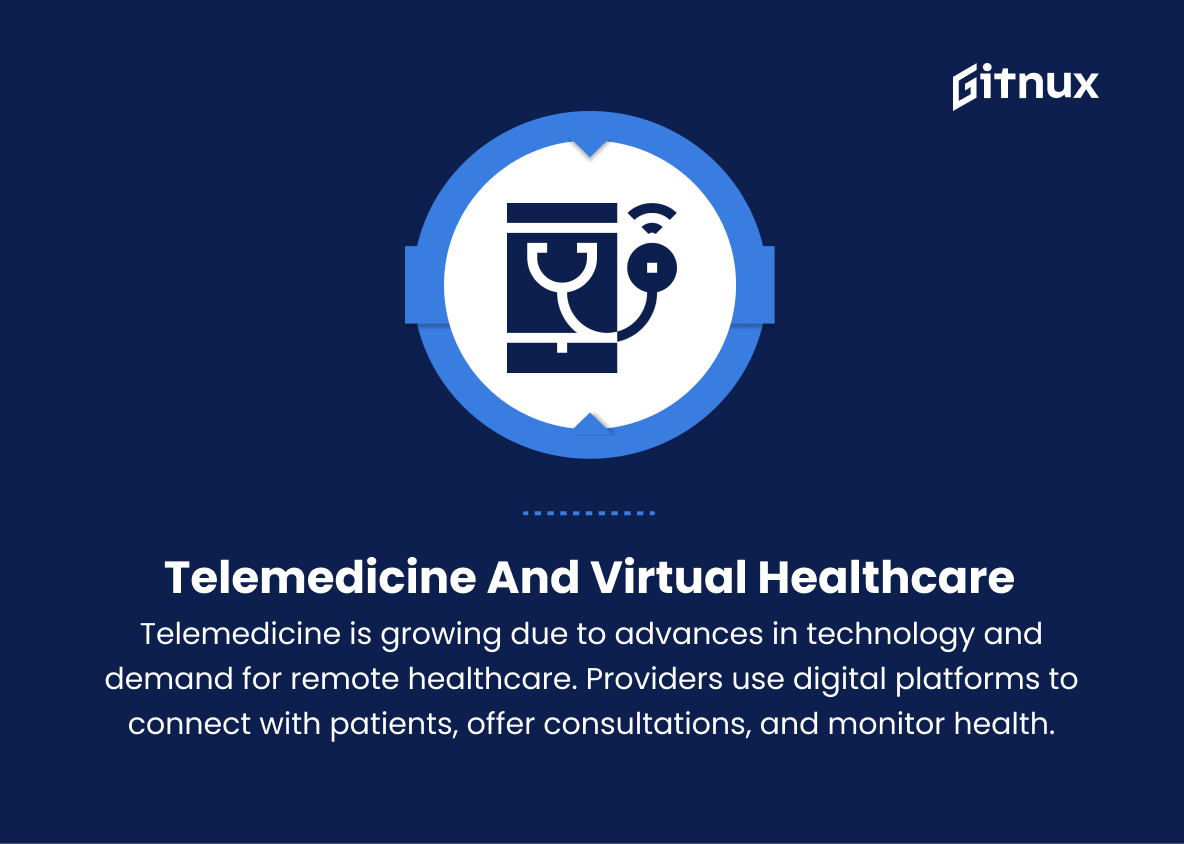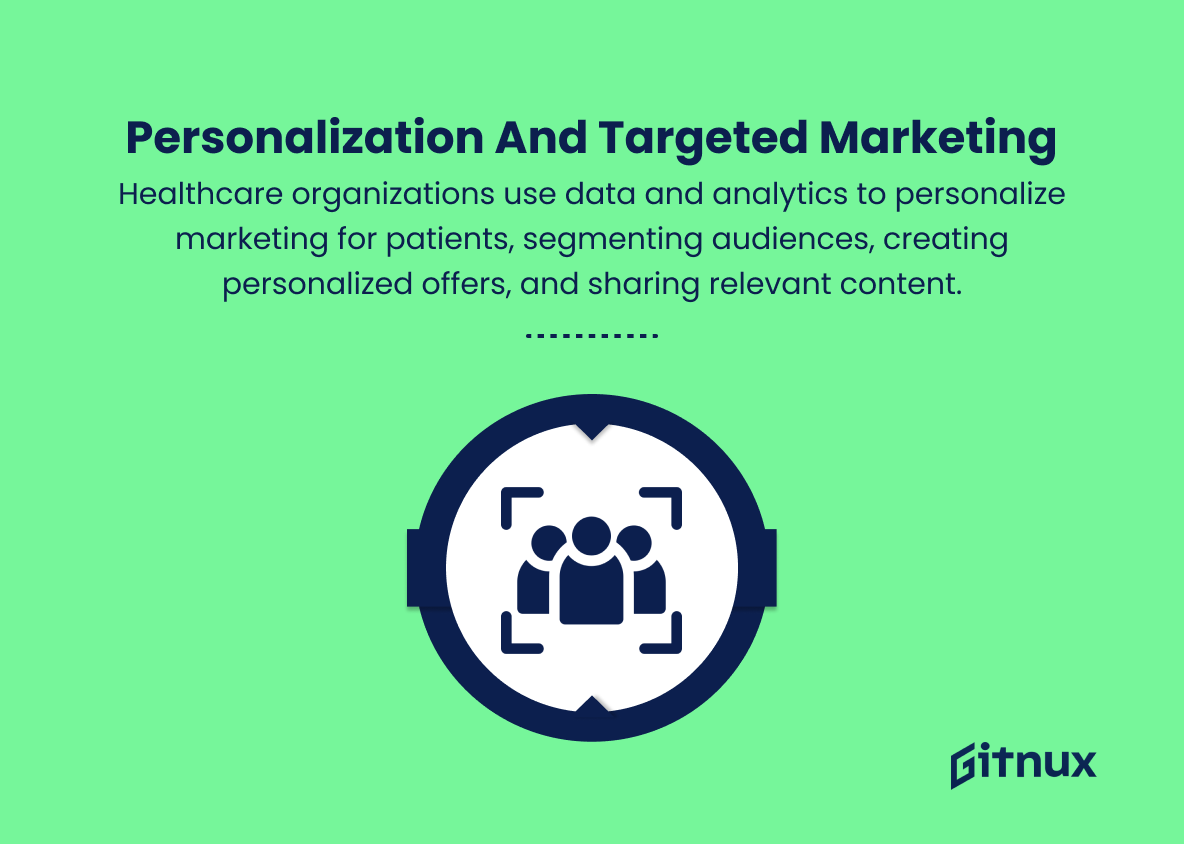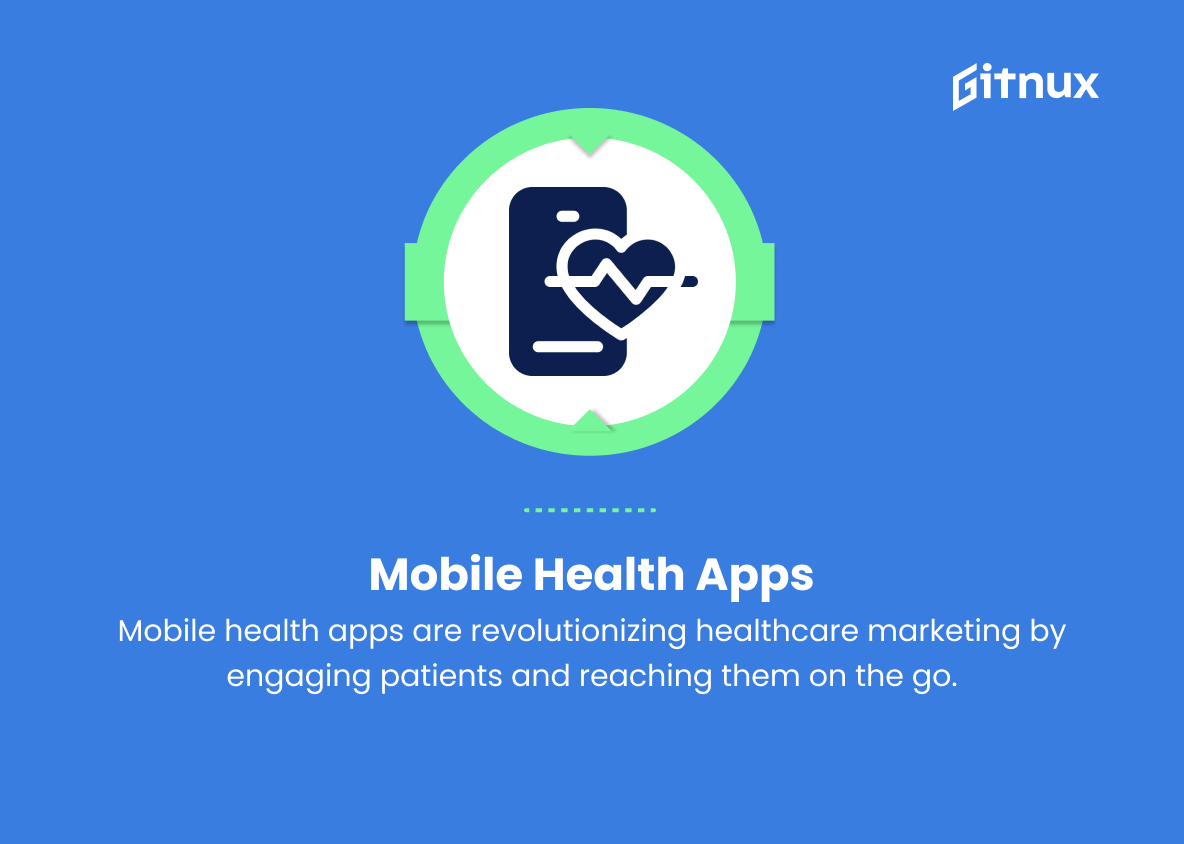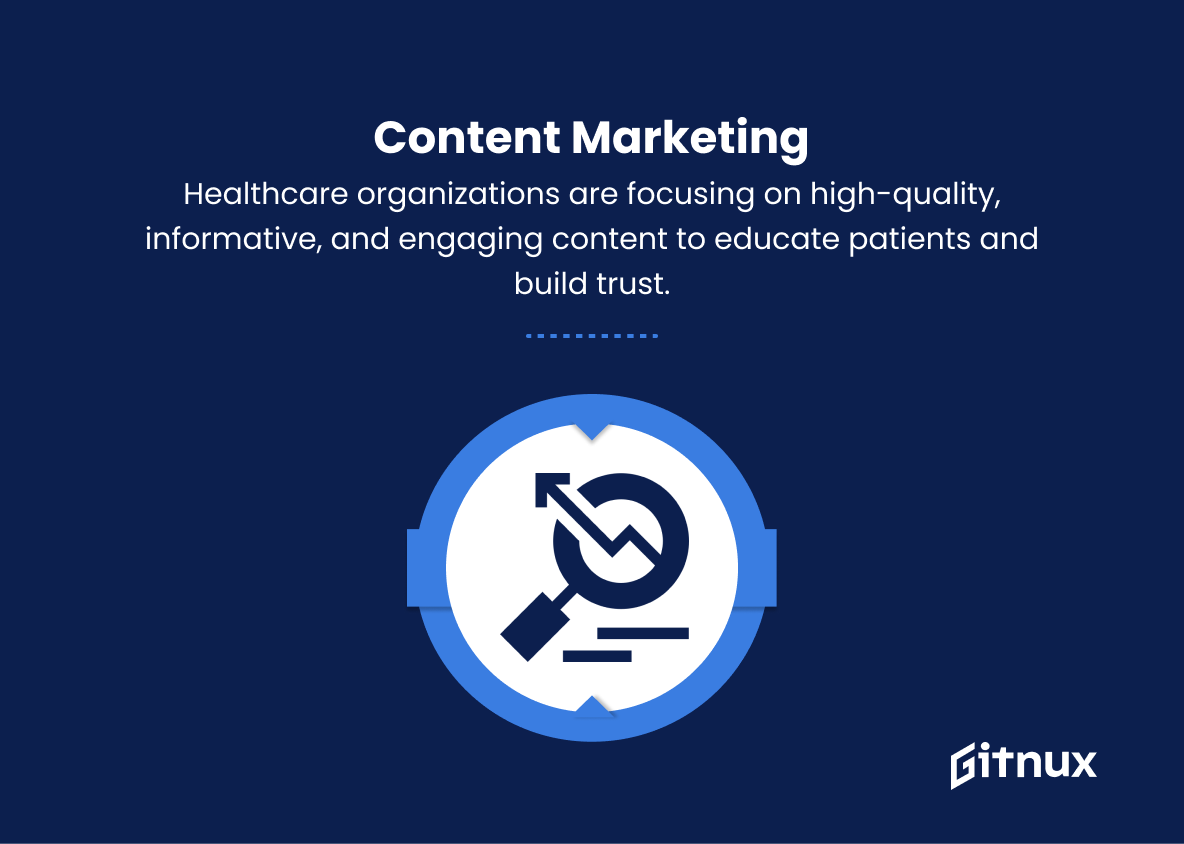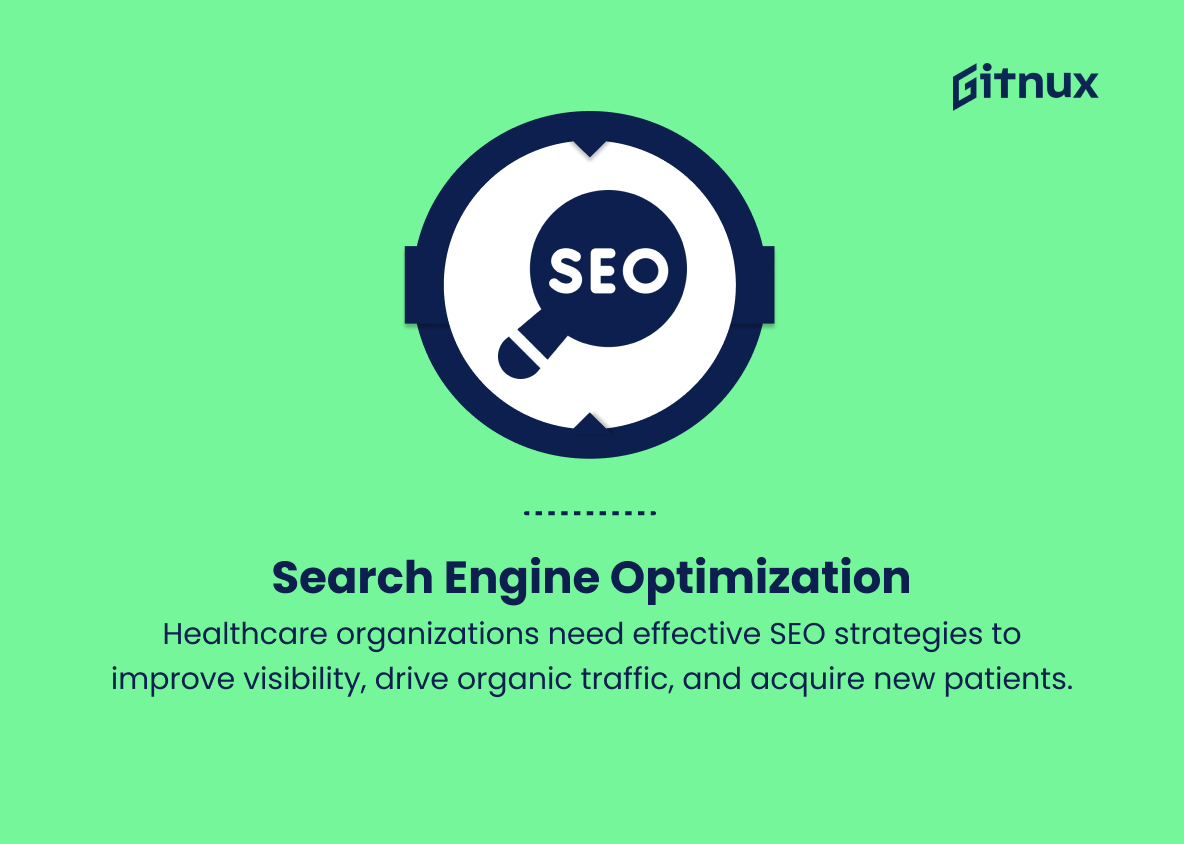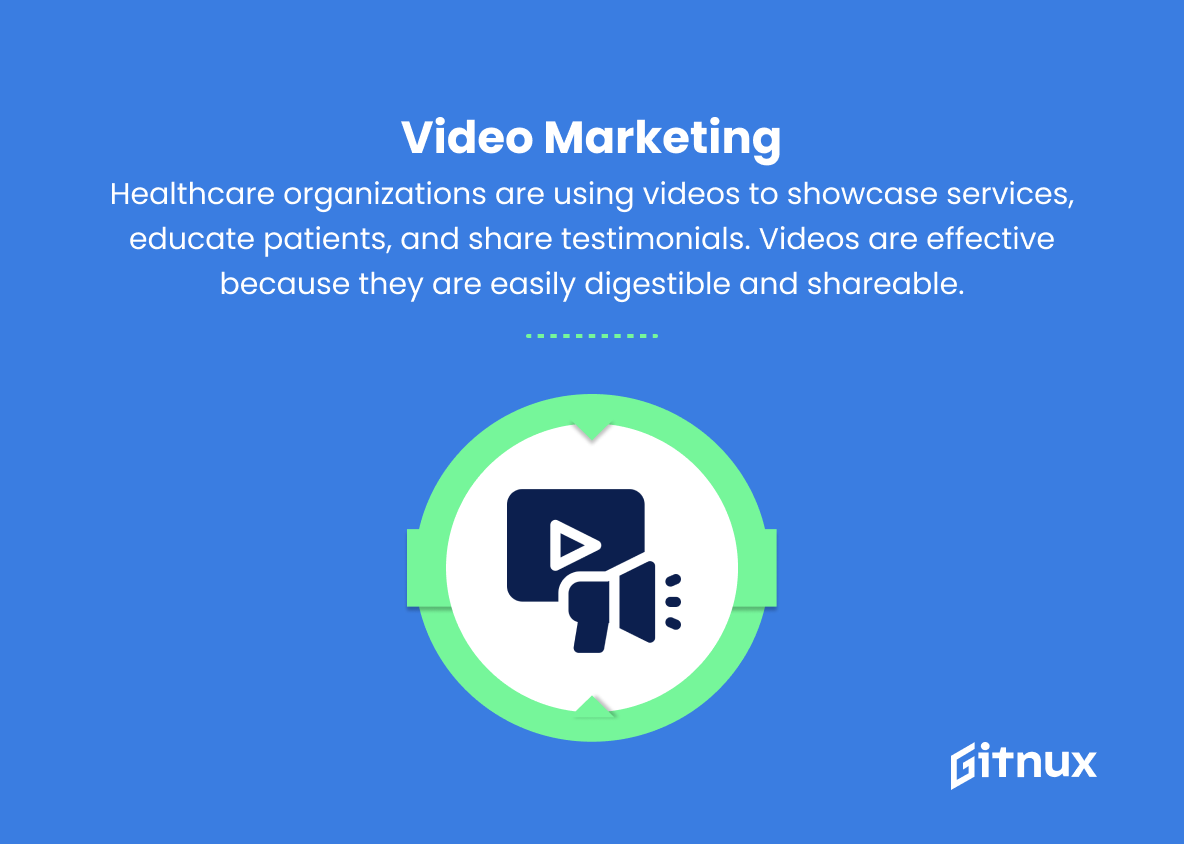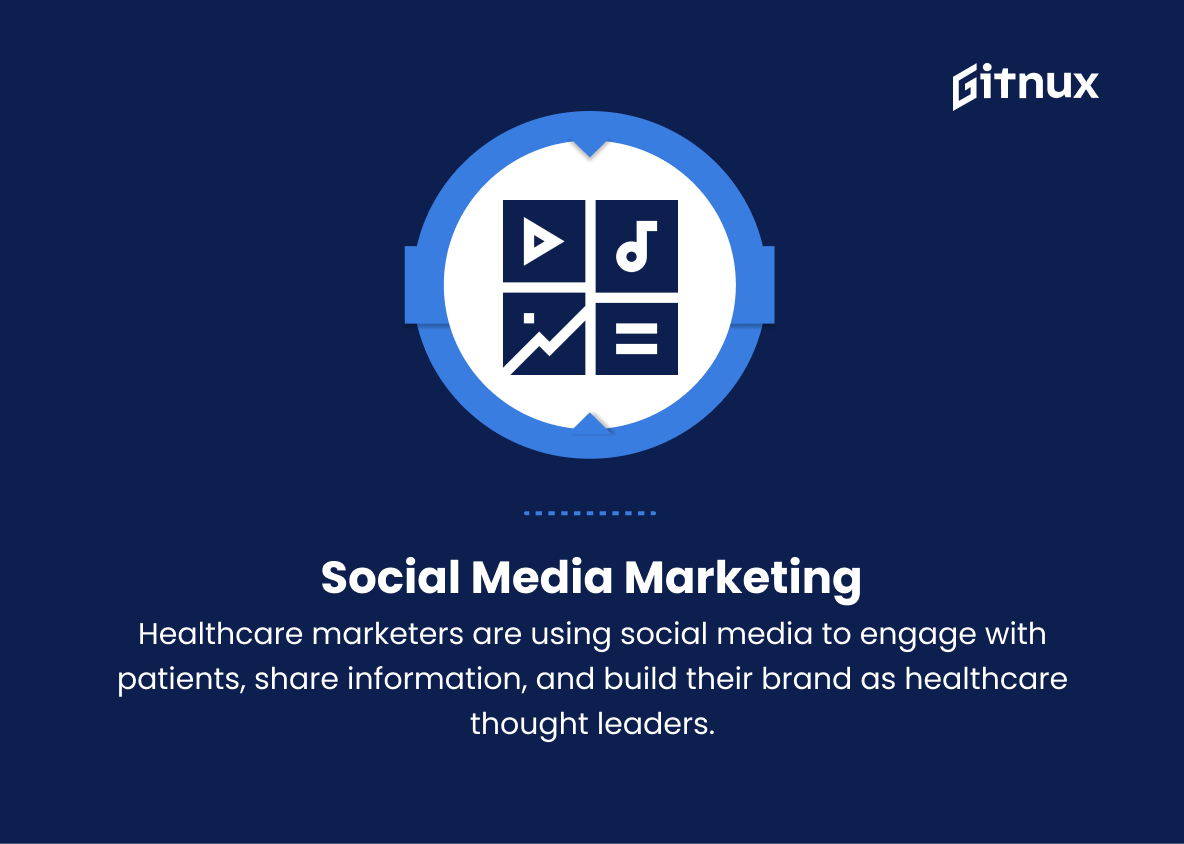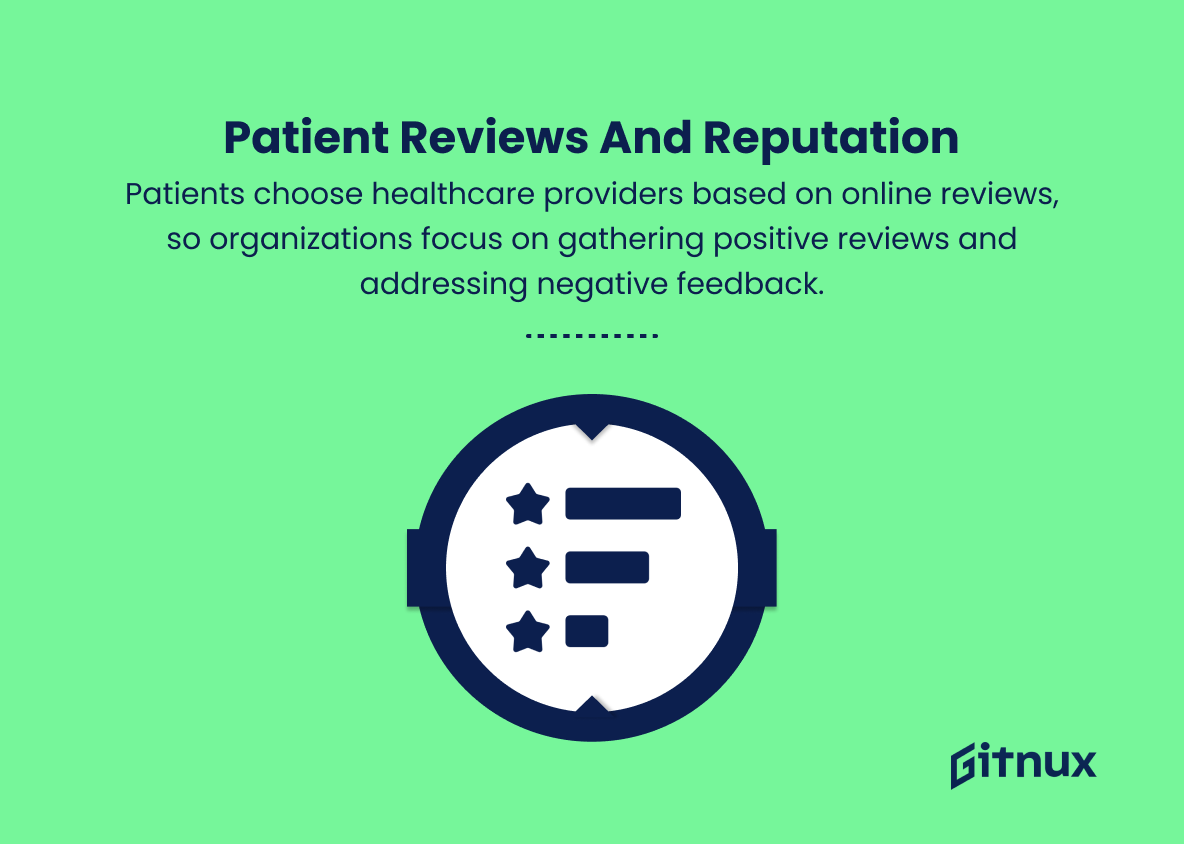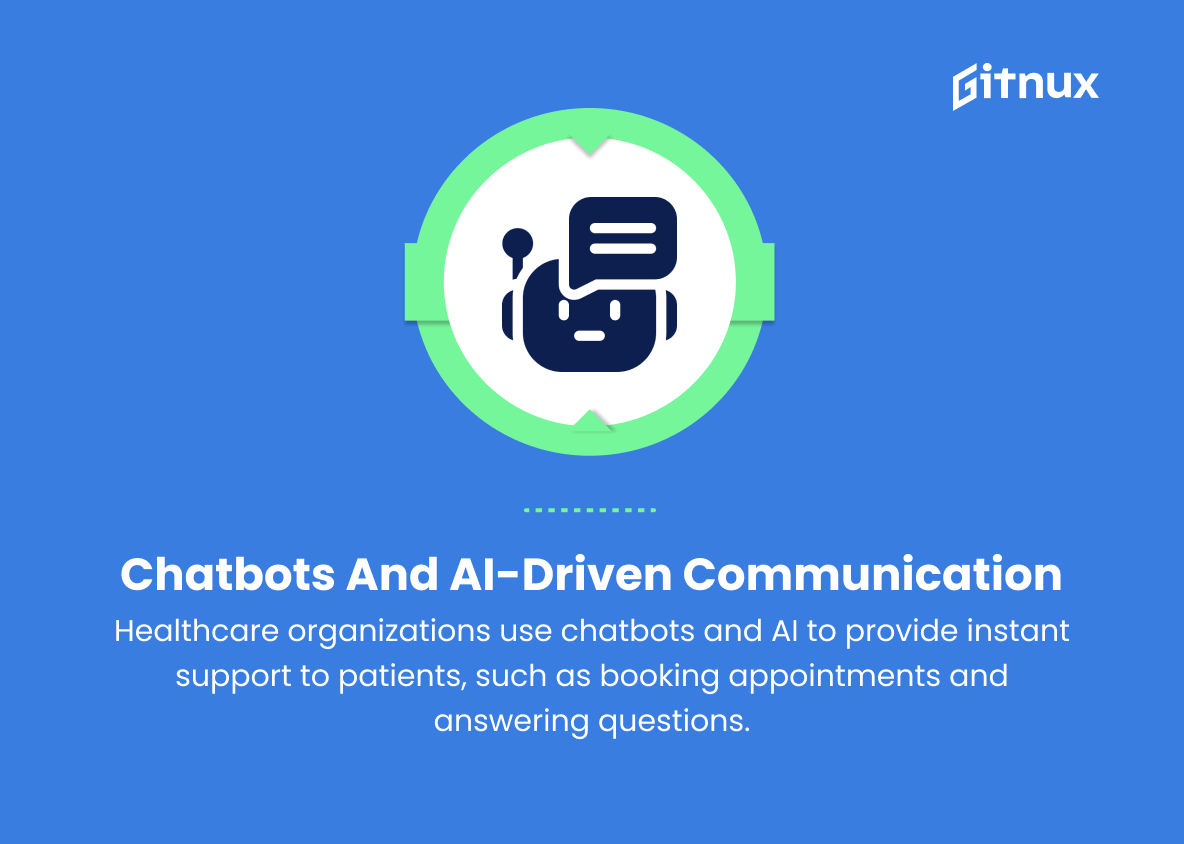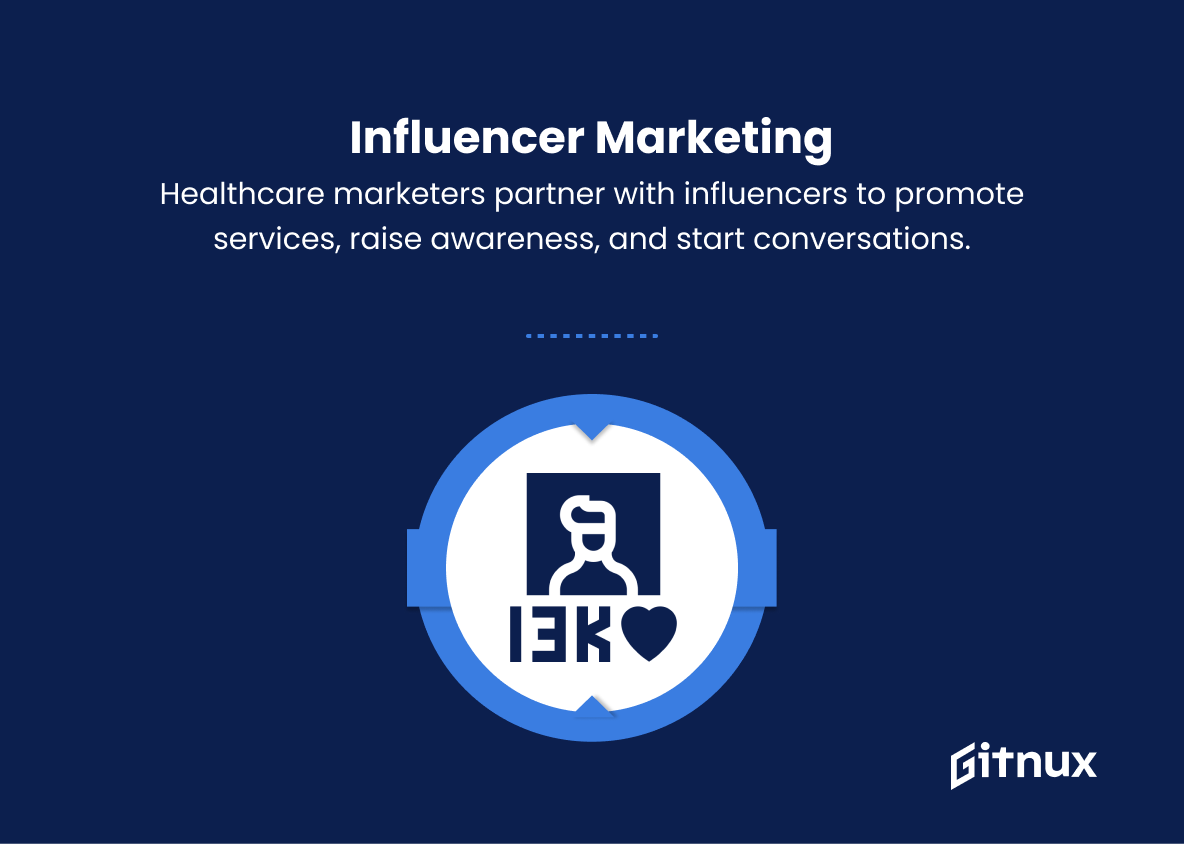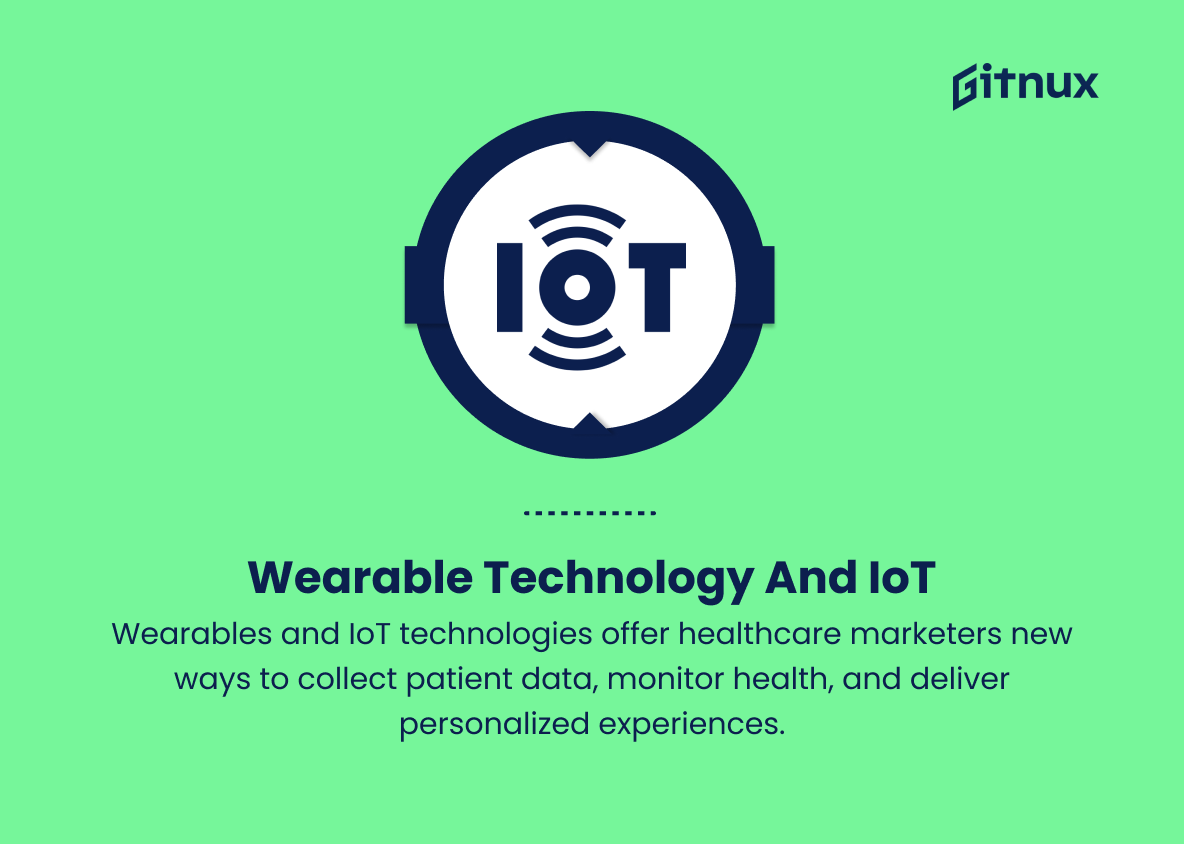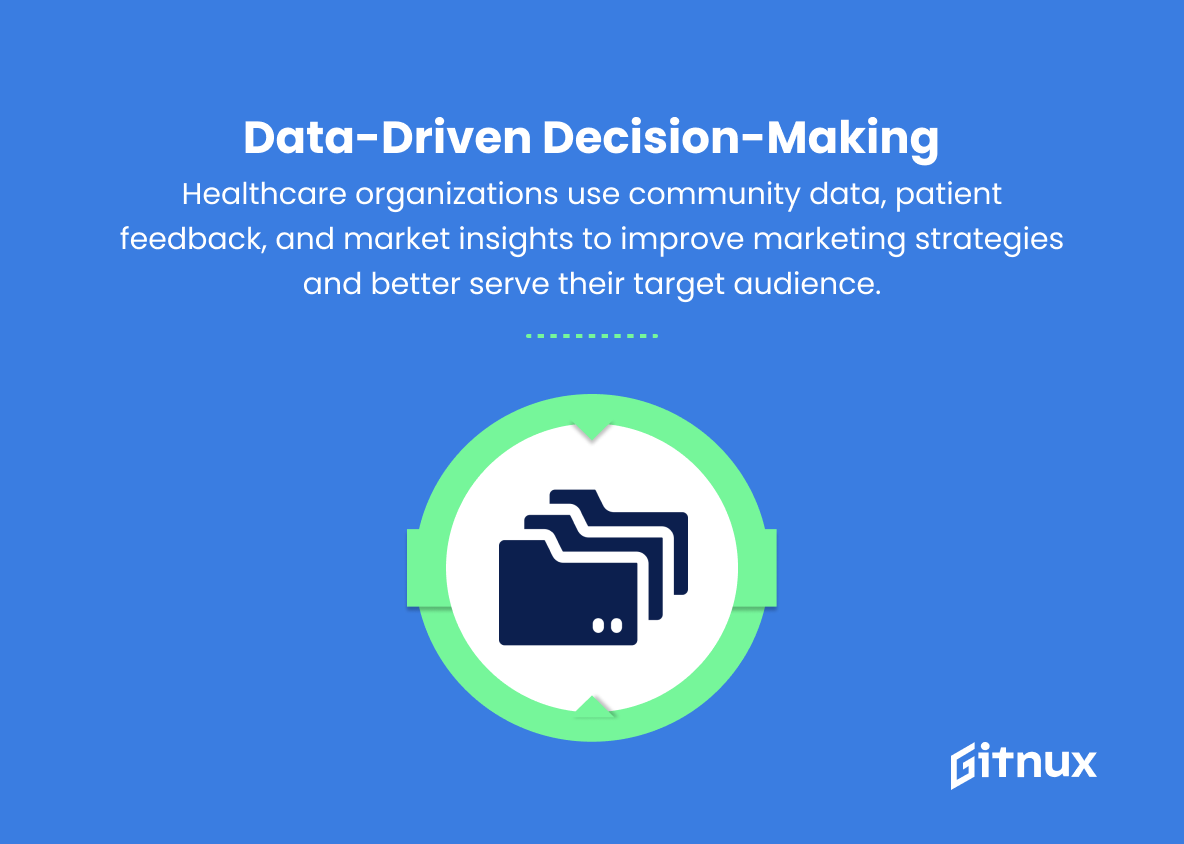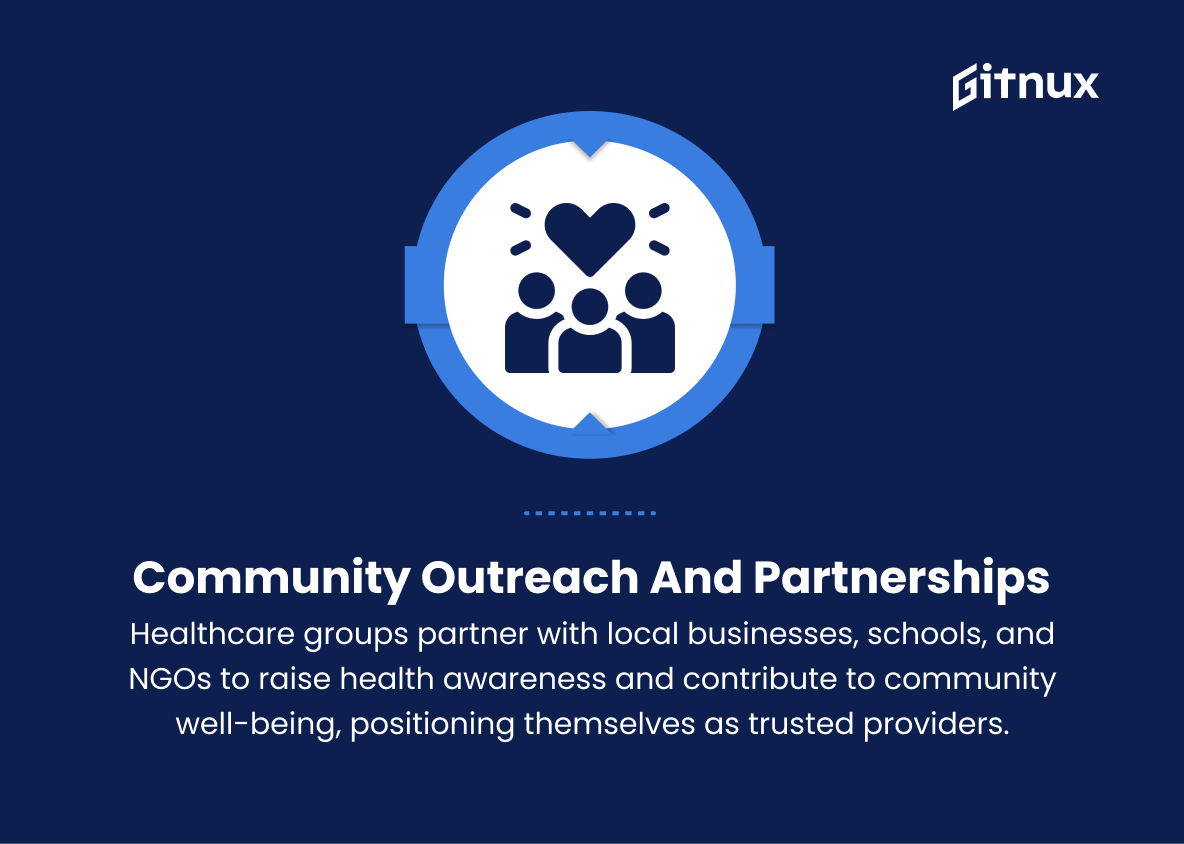In today’s rapidly evolving healthcare landscape, it is essential for industry leaders to stay ahead of the curve when it comes to marketing strategies. As new technologies emerge, demographics shift, and patient expectations transform, healthcare providers must adapt their marketing approach to effectively capture their target audience’s attention and meet their unique needs.
This blog post will delve into the most significant health care marketing trends gaining momentum in recent times, providing valuable insights and actionable tips for industry professionals to optimize their marketing efforts and ultimately, improve patient engagement and care delivery.
Top Health Care Marketing Trends
1. Personalization and micro-targeting
Health care marketers are increasingly leveraging data and analytics to create customized and tailored marketing campaigns for specific patient and consumer segments.
2. Telemedicine and virtual care
With the increasing integration of telemedicine, health care marketers are promoting virtual consultations, remote monitoring, and other digital-based services to reach a wider audience.
3. Content marketing
Health care organizations are investing in high-quality, engaging, and informative content across multiple channels, including blogs, videos, webinars, and social media for education and awareness.
4. Voice search optimization
Health care marketers are optimizing their sites and content for voice search, as more users turn to voice assistants like Google Assistant, Siri, and Alexa for health-related queries.
5. Influencer marketing
Health care brands are partnering with influencers, bloggers, and healthcare professionals to educate consumers and expand their reach online.
6. Artificial intelligence and chatbots
AI-based chatbots are increasingly deployed for better patient engagement, appointment scheduling, and assisting patients with basic inquiries.
7. Video marketing
Short, informative, and engaging videos are gaining popularity in health care marketing as consumers become more receptive to visual and audio content.
8. Mobile marketing
Health care marketers are focusing on mobile-first strategies, optimizing websites and content for mobile devices, and leveraging mobile advertising platforms.
9. Social media marketing
Health care organizations are increasing their presence on social media platforms, engaging with consumers, sharing quality content, and building online communities.
10. Patient reviews and online reputation management
Encouraging positive reviews, addressing negative feedback, and monitoring online reputation are becoming integral components of health care marketing strategies.
11. Search engine optimization (SEO)
Investing in SEO to achieve higher search engine rankings for health care organizations, clinics, or practitioners, to reach a wider audience.
12. Focus on preventive care
Health care marketers are emphasizing preventive care measures in their messaging, including regular check-ups, healthy lifestyles, and early detection and screening.
13. Data-driven marketing
Mining and analyzing patient data to make well-informed marketing decisions, measure the effectiveness of campaigns, and guide future strategies.
14. Marketing automation
Implementing marketing automation tools and platforms to streamline marketing efforts, improve lead nurturing, and measure campaign performance.
15. Patient engagement
Building long-term relationships with patients through personalized communication, educational content, and tailored offers and promotions.
16. Value-based marketing
Focusing on the value and benefits of healthcare services, from new treatments to patient-centered care, to differentiate from competitors.
17. Partnerships and collaborations
Health care marketers are increasingly partnering with digital health startups, wellness companies, and other health-related organizations to expand their reach and offer complementary services.
Implications
The health care marketing landscape is rapidly evolving as marketers adapt to new technologies and consumer trends. Personalization, micro-targeting, telemedicine, and virtual care serve to enhance patient experiences by offering tailored, convenient solutions. These approaches, supported by content marketing, voice search optimization, influencer marketing, AI chatbots, and video marketing, aim to deliver relevant, engaging, and informative content while building trust with consumers.
Mobile and social media marketing platforms have emerged as powerful channels for health care organizations to reach their target audiences and build online communities. This, combined with a focus on preventive care and data-driven marketing, creates a more meaningful connection with consumers, prioritizing their well-being and satisfaction. Additionally, marketing automation, patient engagement, and value-based marketing strategies help forge long-term relationships, streamline marketing processes, and showcase the true value of durable, high-quality healthcare services.
As reviews and online reputation management play a key role in shaping consumer decisions, health care marketers strategically invest in SEO for better visibility and proactive response to online feedback. Moreover, partnerships, collaborations, and interdisciplinary approaches expand the health care organization’s reach, offering patients innovative and holistic care solutions. These trends unveil a promising future for the healthcare industry, where personalized, accessible, and value-oriented marketing strategies lead to improved patient experiences and better health outcomes.
Conclusion
In summary, health care marketing trends are shifting rapidly, driven by digital innovation, changing consumer behavior, and increasing competition in the industry. It is essential for health care providers and marketers to adapt and stay ahead of these trends to maintain a competitive advantage and grow their patient base.
By embracing advanced analytics, telemedicine, content marketing, value-based initiatives, and personalized communications, they can create more effective marketing strategies that resonate with consumers, improve patient satisfaction, and ultimately, yield outstanding results. As the health care landscape continues to transform, those who respond proactively and strategically to these trends will be best positioned for success in the coming years.
